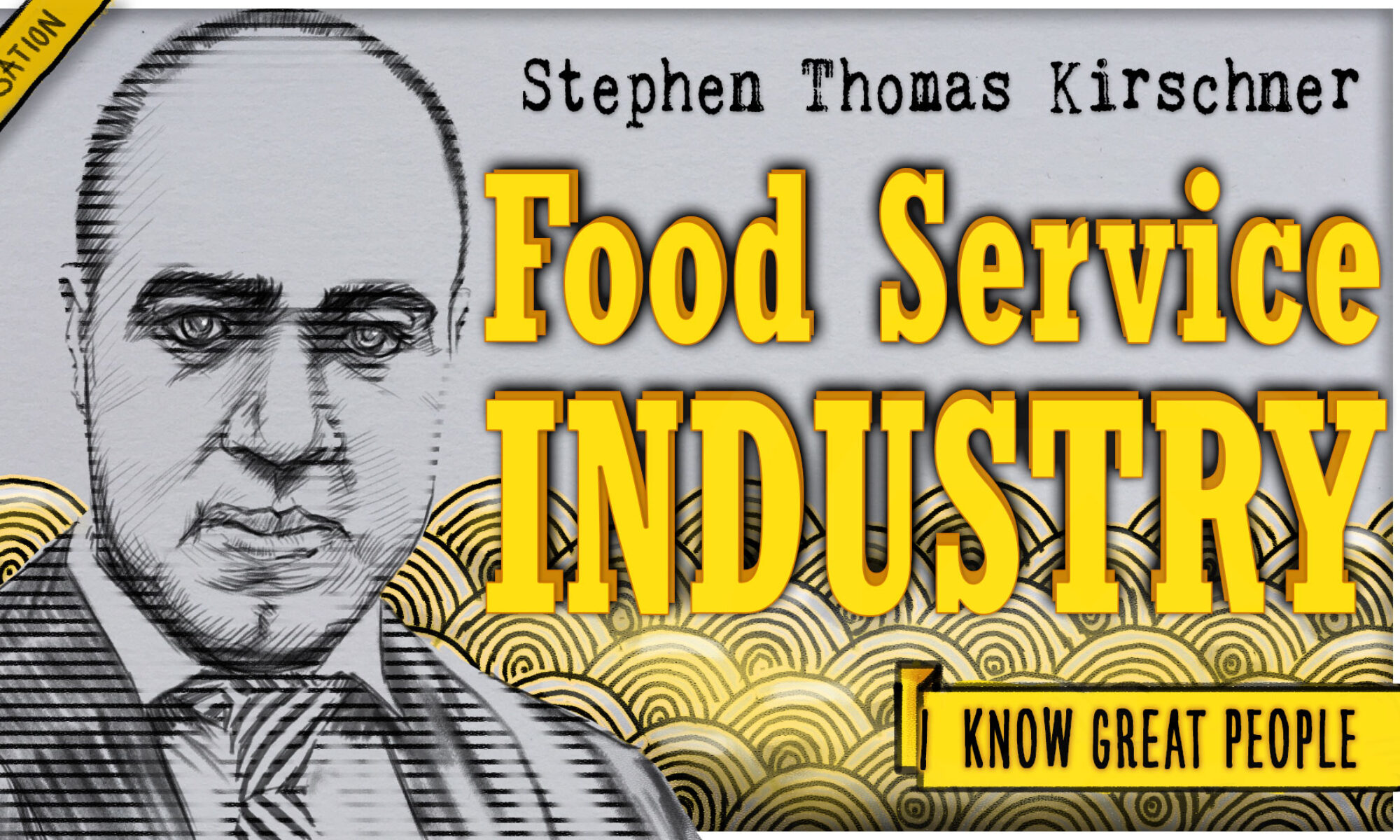I posted an Instagram #TBT picture of a Lego party form years back that I attended along with the friend in this post. After tagging and eventual face-stalking, I saw her Job title and thought she may be able to advise me on some project(s) I have been planning. We reconnected, discussed and have set a future meeting.
As I had recently written the outline for the questions in this series, I decided to finalize them and send it to her as the first entry. She gracefully accepted and so without further ado, here we go…
What is your name, location and/or occupation that will be the subject of this questionnaire?
Lyz Crane, Deputy Director, ArtPlace America, NYC – philanthropy (grantmaking in arts and community development).
List 2-3 things someone would like about this job.
- I get to spend all day thinking about the best way to deploy money to promote the greatest good.
- I work frequently with a lot of very creative thinkers and artists to solve problems.
- I get to travel a lot.
List 2-3 things someone may dislike about this job.
- There are a lot of complicated decisions and unfortunately, many times when decide that someone will receive funding you are also having to say no to someone else.
- You have to (or at least should) always be conscious in your actions and relationships of the power dynamics in the nonprofit sector around how money flows and who makes those decisions.
- Being mission-driven often comes at the expense of being able to put down your work at the end of the day. I work many more hours than a standard 9-5.
Are they any jobs you think may essentially be the opposite of what you do?
Some folks might think that grantseeking is the opposite of grantmaking. I see both as critical parts of an ecosystem for social change. Some other folks might see large corporations as the opposite as they tend to rely on a money-in rather than a money-out motive. However, I think grantmakers need to be just as conscious of market dynamics and the notion of value – it is just not measured in dollars in the same way a business might.
What are some misconceptions that people may have of your job?
When folks imagine working at a foundation, they often imagine being able to just deploy funds whenever and to whomever they like. However, most foundations have built very structured processes, boundaries, and theories of change and Program Officers are often highly bound by the whims of the board, the strategic planning of their President, and the goals of their program.
Are there any courses, classes or other forms of learning that have helped you the most in this occupation? Are there any you didn’t take that you suggest someone should?
I took two classes in grad school on Program Evaluation and Evaluating Impact that really forced me to think critically about how change happens in the world – what can you do over here that will change the way something functions over there? And how can you measure whether or not you’ve actually had an effect? I also think that Public Economics was critical to understanding how, when, and why philanthropic models should be deployed to correct for market failures and systemic inequity.
Do you like cheese? If yes, which one(s) and why? If no, why are you such a horrible person? (unless you are lactose intolerant or have been somehow cheese deprived into adulthood in which case Digi-hugs for you)
I have a truly delightfully unhealthy relationship with cheese. I will eat all the cheese all the time. ALL OF IT.
Anything else you would like to add about yourself, salary, benefits or anything?
The most satisfying and exciting part of my job is that even though my organization is small (8 people), I work in a very tight-knit field of folks who care about a particular topic. So as I travel around to different places and work on different programs, I get to interact with some of the smartest, most talented, most passionate people I’ve ever met. And even when it starts feeling like there’s too much work to do and not enough time, those people make it worth it and form an amazing support network. But the trick with all of that is that you have to bring your whole self into it. A lot of people don’t want to do that – they want to separate life from work. I think that’s totally fine and has some benefits. But for me, it’s all or nothing.
Thank you Lyz for agreeing to be the first in this series. I look forward to our fondue date. All nourishment shall be ensconced in cheese and consumed. 😯

ArtPlace Website | Facebook | Instagram | Twitter


